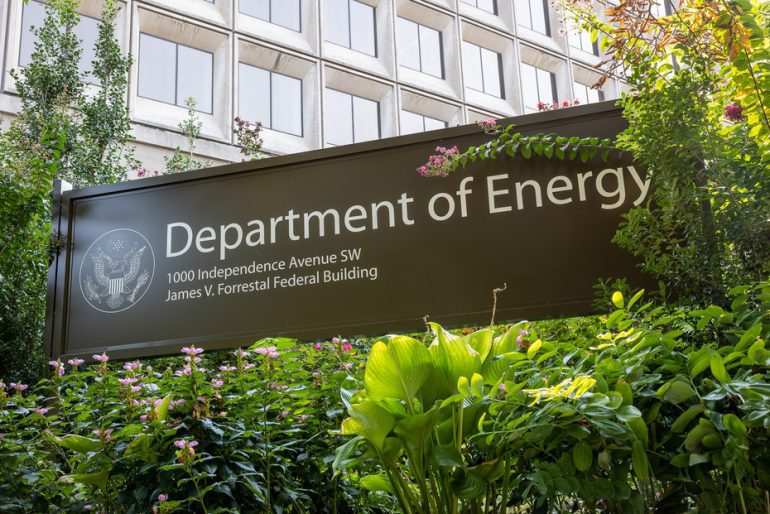- DOE launches FASST initiative for AI in science, security, and technology.
- Aims to build world-leading AI systems with 17 national labs and partners.
- Focus on energy efficiency, scientific data integration, and AI supercomputers.
- Promises breakthroughs in energy tech, national security, and scientific research.
- Early successes include AI-designed cancer drugs and new battery materials.
Main AI News:
The U.S. Department of Energy (DOE) has unveiled its strategic roadmap for the Frontiers in Artificial Intelligence for Science, Security, and Technology (FASST) initiative, aimed at harnessing AI for significant public benefit. This ambitious effort, led by DOE and its 17 national laboratories, seeks to establish the world’s most advanced integrated scientific AI systems. In collaboration with academic and industry partners, FASST aims to bolster capabilities in science, energy, and national security.
“Artificial intelligence stands poised to revolutionize energy technologies and fortify our national security,” remarked U.S. Secretary of Energy Jennifer M. Granholm. “FASST leverages DOE’s leadership in advanced supercomputing and research infrastructure across our national labs, paving the way for transformative AI breakthroughs that will shape the future for decades to come.”
The initiative’s roadmap outlines key infrastructure, strategic assets for national interest, and an organizational framework to support a robust national AI capability. FASST will prepare vast scientific data repositories at DOE user facilities for AI integration and develop highly energy-efficient AI supercomputers. These capabilities will empower U.S. researchers, including the 40,000 scientists at national labs, to build foundational AI models that drive breakthroughs across scientific and energy domains. From advancing battery materials to optimizing smart grid deployment and pioneering fusion energy, AI promises to accelerate discoveries and foster affordable, clean energy solutions.
Moreover, FASST will play a critical role in evaluating AI system scalability, ensuring safety, security, trustworthiness, and privacy. DOE’s national laboratories have already achieved notable milestones using AI, such as Lawrence Livermore National Lab’s AI-designed cancer drug clinical trials and Pacific Northwest National Lab’s discovery of new battery materials in collaboration with Microsoft. Building upon these successes and leveraging effective public-private partnerships, FASST aims to deliver a comprehensive national AI capability that meets the nation’s needs for energy security, national security, and scientific advancement.
Conclusion:
The DOE’s FASST initiative marks a significant leap towards integrating AI into critical sectors of American science and security. By leveraging advanced computing capabilities and fostering collaborations, this initiative not only promises groundbreaking advancements in energy technologies and national security but also sets a precedent for future AI-led innovations across global markets.

